This section is for paid subscribers only. Our subscription is only $3700/- for one full year.
You get unlimited access to all paid section and features on the website with this subscription.
Subscribe to read full article
This section is for paid subscribers only. Our subscription is only $37/- for one full year.
You get unlimited access to all paid section and features on the website with this subscription.
Not ready for a full subscription?
You can access this article for $2, and have it saved to your account for one year.
- Release Date11/04/1970
- GenreDrama
- FormatB-W
- LanguageTamil
- Run Time157 min
- Length4520.49 meters
- Number of Reels16
- Gauge35 mm
- Censor RatingU
- Censor Certificate Number65167
- Certificate Date06/04/1970
This is an unusual film in which the main protagonist is an elderly man and the story ends with his death. It is also the first Tamil film to handle the subject of retirement, along with the pain and puzzlement of aging.
The story revolves around a company executive, Padmanabhan Aiyar, who has come up the hard way from his origins as the son of a humble cook. For him, honour, integrity, and prestige are all-important and he is therefore called "Prestige" Padmanabhan Aiyar. In his typical Brahmin household, which consists of two sons, a daughter, and a widowed sister, there is constant squabbling. So, when he buys back his ancestral house, he names it "Vietnam Veedu".
Padmanabhan suffers a heart attack when he is suddenly informed that he has to retire that day. He is unable to come to terms with retirement, the loss of identity, and a fall in income. His children and servants grow indifferent to him. His elder son and his daughter-in-law turn hostile. Padmanabhan watches helplessly as his children flout the values he holds so dear. He clings to his wife and realizes how precious her love and concern is. When his firm wants him to return and serve for a few more years, he has another heart attack which proves fatal.
The film opens with a housewarming ceremony where Padmanabhan introduces the members of his family to the camera, much like a play. In fact, this film was an adaptation of a successful play staged by Sivaji Ganesan's drama troupe. The costumes in the film were incongruous; college-going girls wear mini-skirts while office-goers are in three-piece suits. Characters, particularly Padmanabhan, are often preachy and pedagogic. There are two long soliloquies as also a group dance, reminiscent of Busby Berkeley.
The travails of retirement and the bond between the aged couple, a rare motif in Tamil films, were however touchingly portrayed. Even the subtle eroticism between the two was depicted well. In one of the film's most moving moments, the old couple lies together in each others' arms: he sings about his love for her and what she means to him. But much of the impact of the film was lost by extraneous and irrelevant comedy situations and group dances.
[from the book The Eye of the Serpent by Theodore S Baskaran]
Cast
Crew
-
BannerSivaji Productions
-
Director
-
Producer
-
Music Director
-
Lyricist
-
Story Writer
-
Dialogues
-
Cinematography
-
Editing
-
Writer




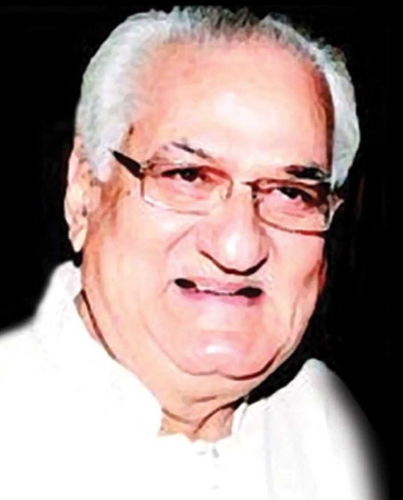
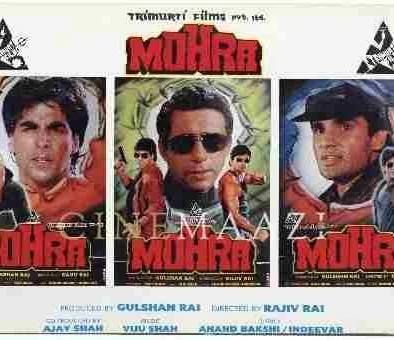
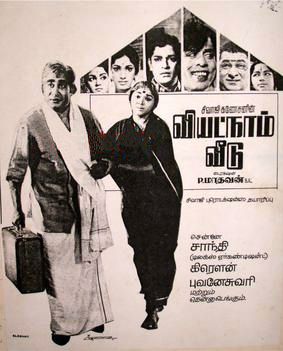
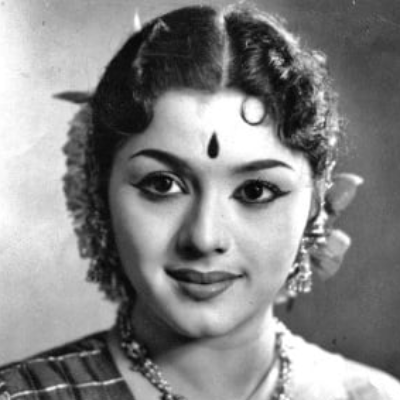
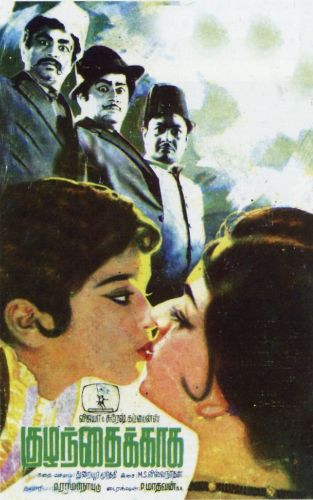


.jpg)



